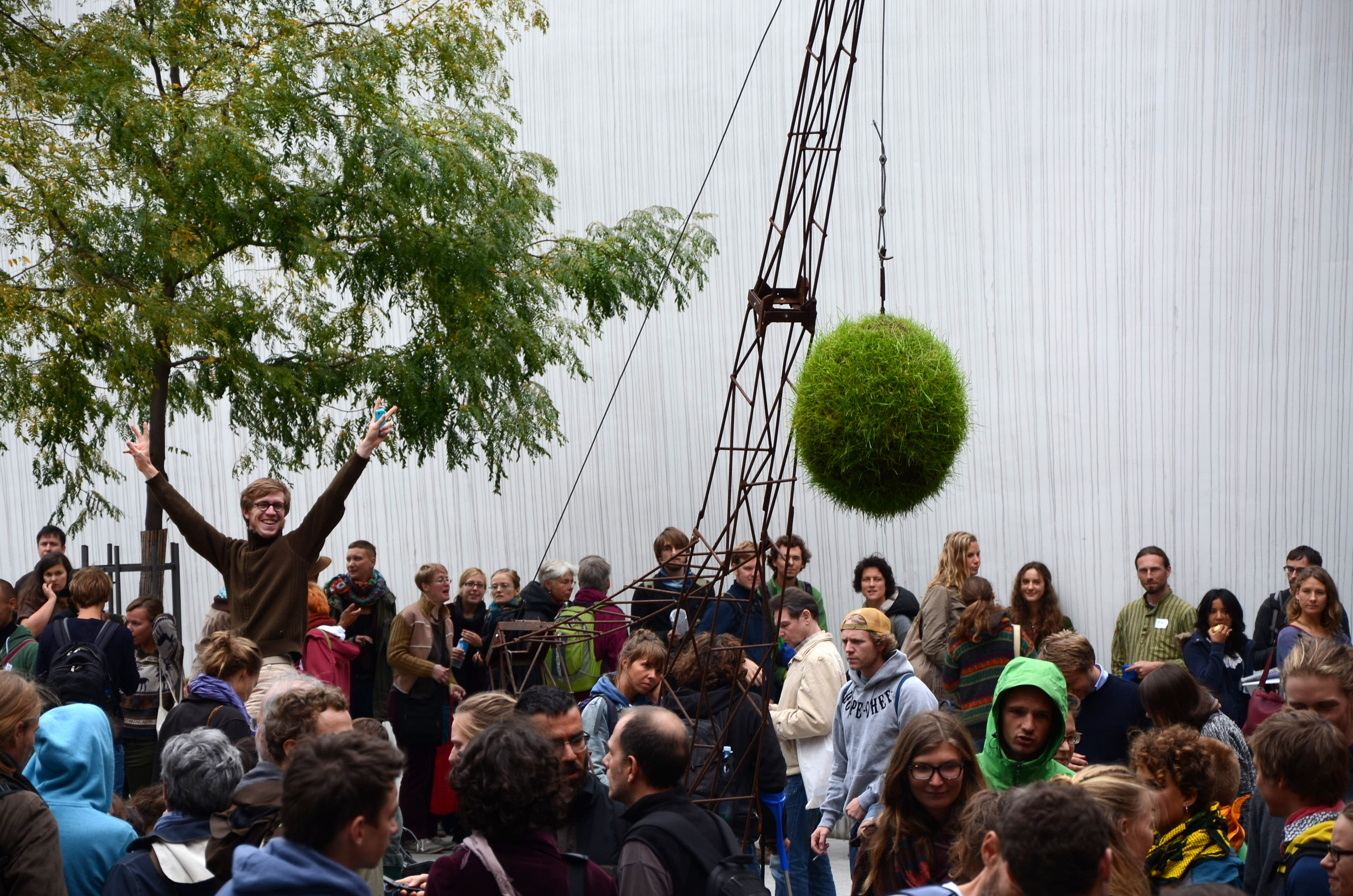El Cambalache proposes:
Workshop #2 - Sundays
Title: An Anti-Colonial People’s Economic History of the Americas
Dates: September 29th- November 17th, 2024
Time: 10am-12pm Mexico City Time
Deadline for Applications: Until all spaces are filled
Brief Description:
Before the European invasion of the Americas non-capitalist economies flourished. However, that economic history is not common knowledge. Non-capitalist economies intertwined with forms of governance and society abounded. Empires, federations, regions and communities composed and coordinated autoctonous economic systems; some of which persist to this day. The wide variety of practices and underlying philosophies engendered massive diversity in how people created abundance and wrestled with precarity. Ranging from collective practices such as minka, ayni, faena, trueque, mutual aid, barter, potlatch, sacred songs, collective forms of work, celebration, etc. to differing forms of commercialization, imperialism, slavery and blood offerings.
While on the one hand, it feels like we will drown in the existential crisis posed by capitalism, on the other hand, more and more people are joining the struggle to decolonize and in so doing, are shifting how we create value and through practice are changing how we experience each other and the Earth itself.
This workshop brings together economic histories from across the Americas with the intention of looking at how these geographies have realized different forms of social organization and efforts to create well-being across time and space. Many indigenous economic practices have persisted in spite of genocide and epistemicide. Because of their persistence, first nations communities marginalized by capitalism and coloniality were able to ensure the continuity of their bloodlines and episteme in general. For example, community economic practices from the African continent were brought to the Americas during the forced enslavement and commercialization of racialized bodies. These practices of well-being were key to generational survival in spite of centuries of extreme violence justified in the institutionalization of whiteness.
In learning about our economic history we can pick and choose what practices we want to preserve and what practices ultimately damage our relationships. As we work to decolonize our present and future it is important to know our history and the wide array of ways of doing economic interactions. Many economic systems were very successful while others held high costs for the majority of the population. For the most part these economies were collectivist; based in many forms of decision-making and knowledge exchange. We hope to debate, explore, question and practice the first economies of the Abya Yala, Turtle Island, Mikinoc Waajew, Cem Anáhuac and all of the ways that we might know what is now called the Americas.
Online Workshop- for the full description, download the pdf here.
To apply click here.
For more information click here.

Since 2018, a coalition of grassroots environmental groups and progressive politicians in the United States have brought into the public debate the idea of a Green New Deal. The plan is inspired not only by Roosevelt’s New Deal, but also by the subsequent wartime mobilization in response to a large-scale threat. The difference is that this time around the threat is not represented by the Axis p...

The rise of far-right globalization criticism requires a new role for the Degrowth movement. ‘Progressive De-Globalization‘ could be the counter-project that is urgently needed. After the German and Austrian elections, it becomes clear once more that the rise of the new far-right is not a temporary phenomenon. Neither the difficult Brexit negotiations nor the missteps of Donald Trump are sto...

The 6th International Degrowth Conference for Ecological Sustainability and Social Equity will take place in Malmö 21-25 August 2018, with Dialogues in turbulent times as its overarching theme. More information about the conference is available at malmo.degrowth.org. In the spirit of the previous conferences, the organizing committee is inviting three types of contributions: - academic ...